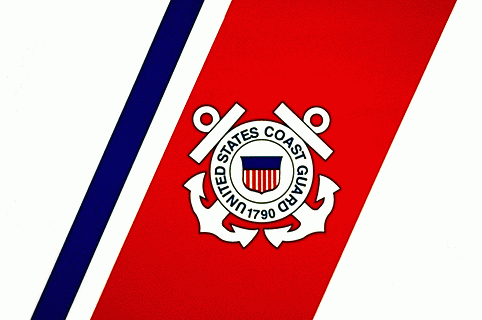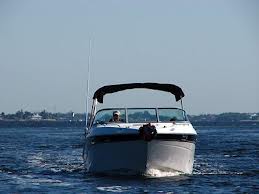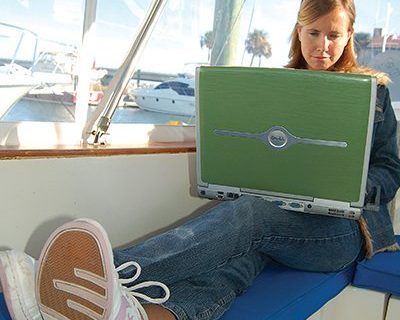Blog
BOATING IN THE CHOP
on July 8, 2020
Choppy Water How you handle choppy water is a skill that you need to develop if you want to enjoy boating. This article covers the basics of boating safely through chop. Many boats handle choppy water different, so know your boat type. Power boats are designed with rough water in mind. Hull designs such as the deep V and even double hulls have made choppy waters less of a problem, but the burden is on […]
REMEMBERING THE REASON WE CELEBRATE THE FOURTH OF JULY
on July 1, 2020
So we don’t lose track of it, here’s a brief overview of why we celebrate the 4th. We have had differences over the years, we are free and able to work out our differences. The Story of the Fourth of July The Declaration of Independence We celebrate American Independence Day on the Fourth of July every year. We think of July 4, 1776, as a day that represents the Declaration of Independence and the birth of the […]
KEEPING COOL ON THE WATER
on June 24, 2020
Here’s some great solutions for keeping the air flowing in and out of your boat this summer. Thanks Carolyn Shearlock. Port Visors For those of us in rainy areas, Port Visors allow us to keep ports open in all but the nastiest squalls. Admittedly, in nice conditions they may block a little airflow, so you have to balance how often they’ll improve ventilation versus how often they’ll restrict it. Port Visors are made of UV-resistant Lexan […]
FLORIDA BOATING DESTINATIONS THAT EXCEL
on June 17, 2020
Florida Keys The Keys. Within this 100-mile-long stretch of islands, you will find world-class offshore and inshore fishing, numerous reefs and wrecks for snorkeling and diving, tropical sandbars, and warm, gin-clear water that’s incredibly inviting. In addition, you’ll find a long list of waterfront watering holes and dining options to choose from, and diversity within each community that’s sure to satisfy the homebody or the party-goer. Jupiter/Palm Beach Perhaps the nicest place on the east coast […]
WHAT YOUR KIDS NEED TO KNOW BEFORE HITTING THE WATER
on June 10, 2020
Safety Comes First Just as seat belts keep everyone safe in the car, life jackets (also known as PDF’s) save lives on the water. Teach your kids to buckle up; it’s the law. Also make sure any life jackets you used last year still fit properly. If they’re too small, see if local officials or a boating organization will accept them as donations, for loaner programs. Reds and Greens Guide Your Way Speaking of safety, […]
HOW TO GET HELP WHILE IN YOUR BOAT
on June 3, 2020
Lighted Beacons The Coast Guard has approved certain lighted beacons as visual distress signals. These include the Sirius Signal Electronic Flare Distress Light from Weems and Plath ($99, weems-plath.com). It is approved as a day-night flare in coastal waters. It is battery-powered and flashes an SOS signal via an LED light that’s visible up to 10 miles for up to 60 hours. Flags During the daytime, you can also use an orange distress flag to signal […]
COMMON MISTAKES BOAT OWNERS MAKE
on May 27, 2020
Not Sea-Trialing The Boat After Repairs Are Made A client purchased a used powerboat with a large outboard that had a cracked head. Because he wrote into the contract that the engine had to be working before he would buy the boat, the dealer had the engine fixed and claimed they performed a compression test to verify everything was fine. After paying for the boat, the first time the new owner took the boat out, […]
RENEWING YOUR COAST GUARD REGISTRATION
on May 20, 2020
Renewing your boat’s U.S. Coast Guard documentation The Coast Guard can’t prevent outside vendors from helping boaters with renewals, but it comes at a cost — private companies typically charge three times more than the U.S. Coast Guard National Vessel Documentation Center (NVDC). Some of these third-party companies may also send out official-looking letters offering renewal. A number of boaters have complained that these letters direct them to the same misleading websites. Often, the mailings […]
WI-FI AND YOUR BOAT
on May 6, 2020
Wi-Fi has invaded just about every aspect of our lives. It’s in our homes, our workplaces, and our cars. Now it’s even showing up on our boats. But do we really need or want Wi-Fi aboard? Despite the downsides of cost, complexity, and ceaseless badgering from the outside world, the answer for most of us is a resounding “Yes.” Getting your boat connected has some huge advantages. The enhanced communications offers both convenience and security; […]
WORKING FROM YOUR BOAT
on May 1, 2020
Sometimes, being able to take care of professional and personal business while on your boat can give you more freedom and peace of mind. Here’s advice about improving communications aboard. Getting online while onboard is relatively easy and reliable these days. We’ve lived, cruised, and worked aboard our boats since 1979, so our office capabilities are probably more complex than those of other cruisers. But through trial and error, we’ve learned solutions to many communications […]







